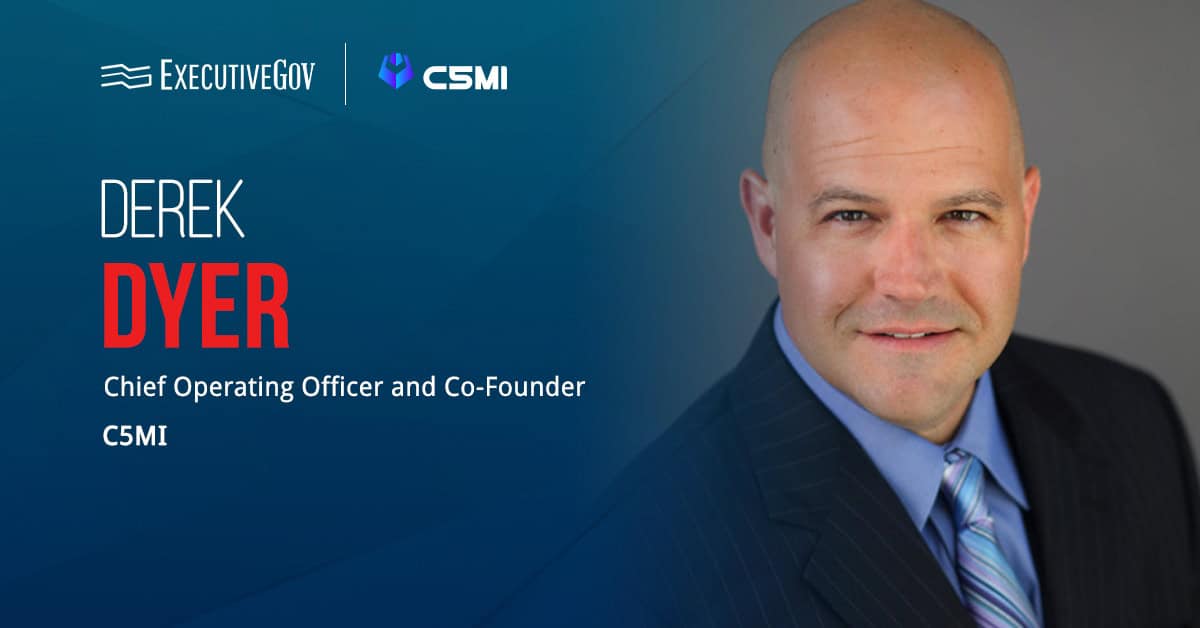The Cybersecurity and Infrastructure Security Agency has published a cyber defense plan to help organizations respond to threats against remote monitoring and management software.
The RMM Cyber Defense Plan was developed by the Joint Cyber Defense Collaborative, which is comprised of industry and government experts, CISA said Wednesday.
The strategy includes two foundational pillars: operational collaboration and cyber defense guidance. The first pillar has two corresponding lines of effort, which involve enhancing information sharing about threats and vulnerabilities, and creating an enduring RMM operational community.
Cyber defense guidance discusses ways to educate RMM end-users and promote best practices to mitigate the exploitation of remote monitoring systems.
The plan builds on the JCDC 2023 Planning Agenda. Organizations are encouraged to review both the RMM defense plan as well as the JCDC agenda.





